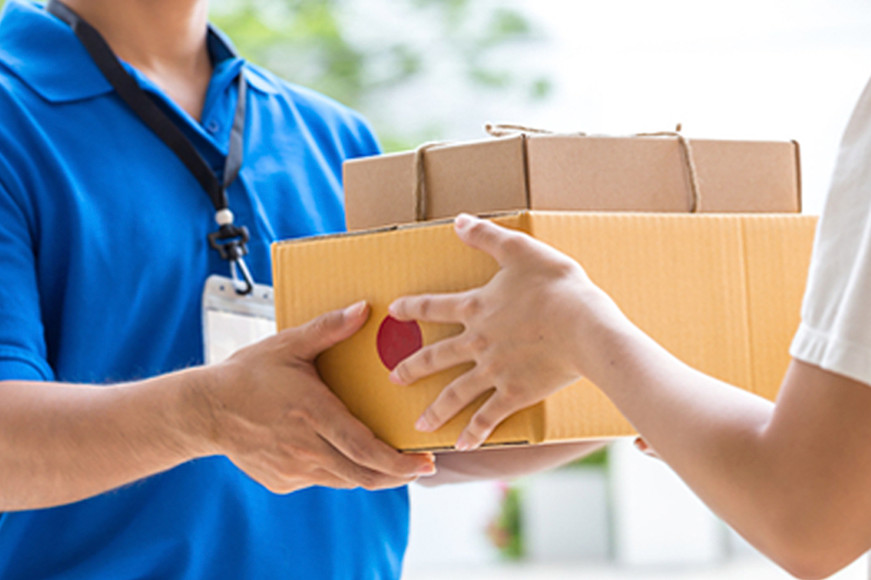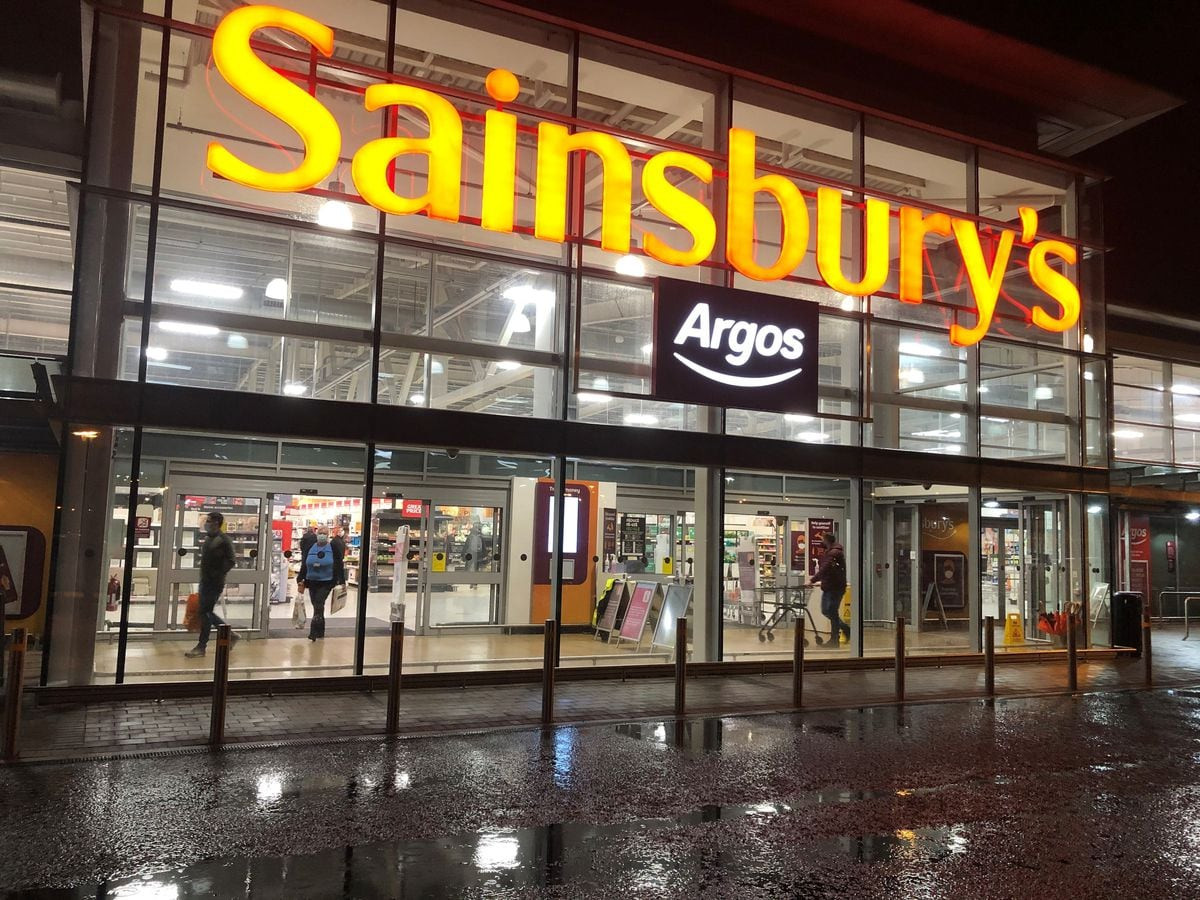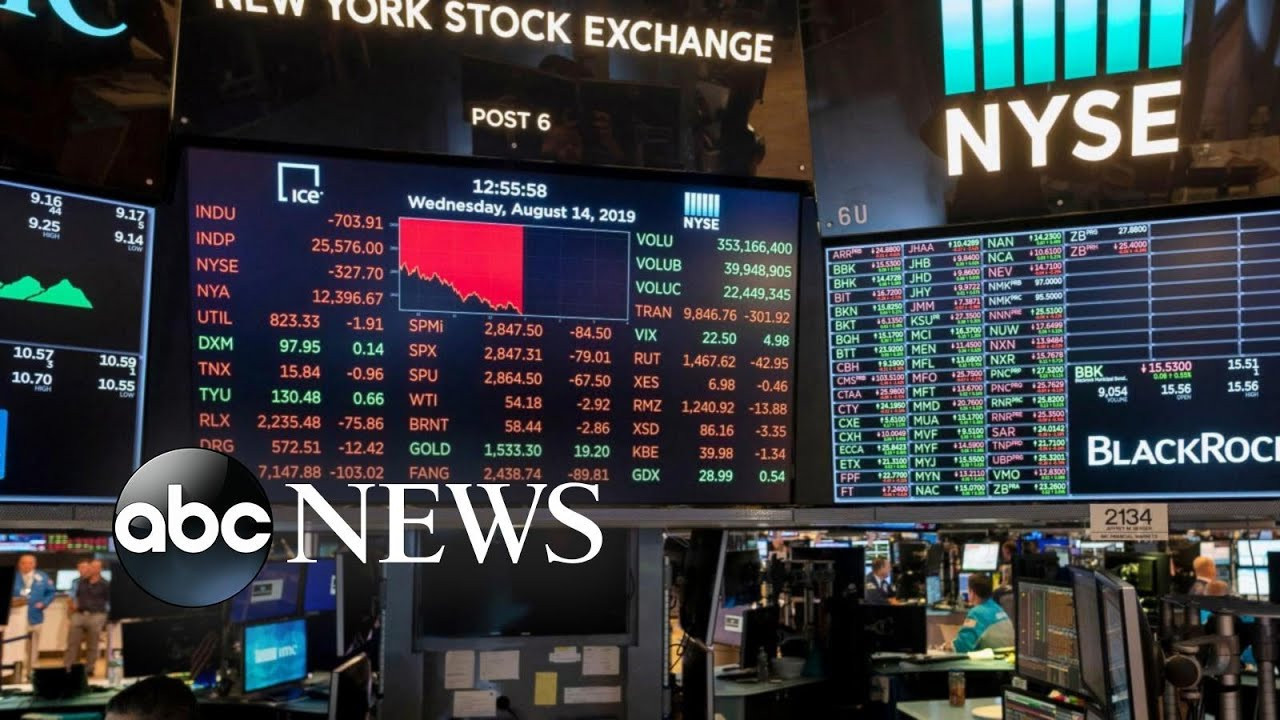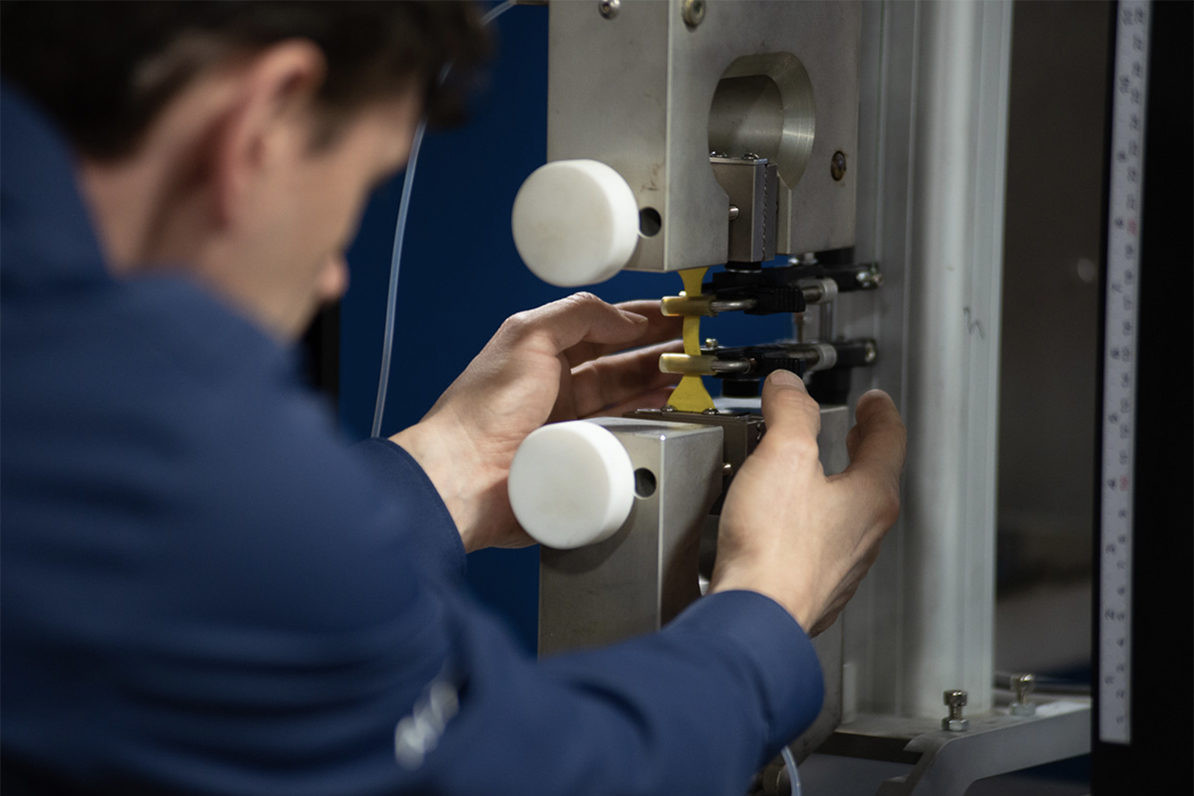Today, the e-commerce industry has evolved into a successful business landscape, driven by the increased integration of technologies and the convenience provided by online shopping. This has propelled firms to formulate dynamic supply chains to meet customers’ evolving expectations. Traditionally, supply chain management was constrained to physical retail businesses. However, the evolution of the e-commerce sector led to the profound transformation of conventional supply chain management processes. This further helped businesses in managing multiple suppliers, warehouses and delivery partners to meet client expectations.
In order to provide timely delivery of goods, last-mile logistics play a pivotal role in transforming the supply chain. This involves goods getting delivered from a distribution centre to the doorstep of customers. Being the final and crucial phase of the supply chain processes, last-mile delivery has become extremely essential for both customers and organisations.
Following technological advancements and shifting customer preferences in recent years, the last-mile delivery landscape underwent a drastic transformation. Businesses have begun utilising advanced delivery solutions to get around the constraints of traditional logistics systems. These solutions are transforming the way goods are shipped to clients, making it efficient, cost-effective and environmentally friendly. Following this, Spherical Insights in their report has anticipated that the global last mile delivery for online shopping market size will reach USD 126 billion by 2030.
Let’s now delve deeper into some of the latest technological innovations revolutionising the last-mile delivery processes:
Real-Time Tracking
The new-age customers need greater predictability, ease and visibility in their delivery alternatives. As a result, it has become a necessity for businesses to discover innovative ways to fulfil the expectations of customers and businesses, who want specific delivery schedules and the certainty that their items will arrive on schedule. Real-time tracking utilises smart technology to allow a speedier and more transparent last-mile delivery process, showcasing the expected delivery time and the live location. By using IoT (Internet of Things)-)-enabled sensors, APIs (application programming interfaces), and GPS (global positioning system) devices, any shipment can be tracked easily and updates can be received by email or text messages over mobile phones. Moreover, modern technologies like artificial intelligence (AI) and machine learning are deployed to predict demand and anticipate potential issues. They also help in automating operational processes, essential for streamlining the entire delivery process.
Modern Delivery Vehicles
With the advancement of transportation technologies, autonomous cars and drones have emerged as novel solutions enhancing last-mile deliveries. Various companies have already started experimenting with automation and robots to deliver items swiftly and effectively in both urban and rural environments. Similarly, researchers are also trying self-driving vehicles to traverse metropolitan streets and residential neighbourhoods. These technologies and automated delivery systems can save labour costs, boost delivery speed and offer solutions for accessing inaccessible sites.
Route Optimisation Algorithms
AI and machine learning algorithms are poised to make significant changes in last-mile deliveries. They examine data on traffic patterns, weather conditions and delivery time frames. Consequently, they generate the most effective routes for delivery trucks. This, in turn, reduces fuel consumption and delivery times while lowering operating expenses. With advanced route planning software, businesses can also plan according to the changing environmental conditions in real time, ensuring that delivery remains on the planned schedule.
Sustainable Options
The growing environmental concerns created a need for organisations to figure out sustainable delivery options. This further led to increased demand for electric vehicles and eco-friendly packaging solutions. By integrating them into the supply chain processes, businesses can successfully reduce their carbon footprint and appeal to environmentally conscious buyers.
eDelivery: Addressing the Growing Demands of Last-Mile Delivery
Timely, quality and affordable delivery is critical for ecommerce success and something that shoppers are relying on when making buying decisions. The biggest challenge for retailers and delivery companies is the availability of drivers and the ability to effectively manage the growing logistical challenges associated. This is one of the reasons why technology platforms such as eDelivery will transform the retail and delivery sector.
While COVID was disrupting the retail sector and the way people shop, eDelivery was quietly building, augmenting and re-imaging its capability into an innovative last-mile delivery technology platform that enables businesses worldwide to operate their delivery or dispatch services more efficiently and effectively. The last-mile delivery sector is radically evolving, as it faces unprecedented demand to keep up with Australia’s growing online shopping appetite. Most delivery businesses face huge challenges including labour shortages and rising operating costs, whilst their customers are demanding faster and more efficient services. This is where tech solutions such as eDelivery come to the fore. The eDelivery platform not only helps businesses run their delivery and driver operations more efficiently, it also provides an on-demand driver network, allowing for immediate capacity when businesses really need it.
One of the reasons why retailers and delivery businesses fall down in the area of delivery is that they do not have whole of business visibility on their entire delivery and driver operations. eDelivery solves this. It offers a web-based delivery management system that provides businesses with a single dashboard from which to manage their entire delivery and driver operations. The dashboard is incredibly powerful not only facilitating and simplifying operational logistics, but it also offers a powerful insights engine enabling businesses to drill down into their business to view and interrogate operational data. The insights will also empower delivery businesses to make better decisions to enhance operational efficiencies and drive growth.
Retailers and delivery businesses also need to ensure their drivers are seamlessly connected into their order system. eDelivery includes a driver app that connects drivers and couriers directly to the web dashboard, creating a seamless flow of information and data. The app also has smart engines built in, which provides drivers with fastest route mapping. This ensures parcel delivery happens in the fastest and most appropriate manner possible. Customers are demanding increased levels of visibility and communication on the journey of their purchase and information about its delivery. eDelivery includes automated customer communications to create more efficient and transparent deliveries. It informs customers on the progress of the parcel delivery including confirmation of delivery.
Driver shortages and driver reliability issues are a constant challenge for retailers and delivery companies. The platform also includes the eDelivery Driver Network (EDN), which is a crowdsourced driver network of over 2500+ courier and delivery drivers, able to be accessed by businesses in a B2B or B2C capacity at the flick of a button. The EDN enables businesses to offer customers a same-day delivery option at checkout or increase their delivery capacity on demand at a competitive price point.
The Future of Delivery
eDelivery represents the missing link in the logistics chain by overcoming common inefficiencies of last-mile delivery associated with short-delivery time frames, same-day delivery, cost of last-mile deliveries, last-minute route changes, failed deliveries, customer expectations and much more. With online shopping continuing to be adopted by households across the country it has now become firmly entrenched in Australian retail as a key part of the industry’s operations eCommerce adoption is expected to keep rising placing pressure on the delivery sector to innovative and respond with more efficient, flexible and transparent customer focused parcel delivery services. eDelivery is currently in the process of finalising initial onboarding processes and market testing. Full market launch will take place in late 2024, early 2025. The business is also embarking on a funding round through Birchal, an Australian equity crowdfunding platform to provide people with the opportunity to invest in eDelivery.
Once launched, eDelivery will implement an aggressive national sales strategy targeting courier and delivery companies as well as wholesale suppliers and retail businesses. Once established in Australia, it will then expand into other key markets including Asia, the Middle East and Europe. Offering a sophisticated tech solution that can be easily integrated into new and existing businesses and used with ease, eDelivery along with its forward-thinking consultancy and advisory services will help many businesses to improve and re-imagine their delivery capabilities to drive growth. The delivery sector is in the process of unprecedented growth and eDelivery aims to be a key driver for this growth, not only in Australia, but across the globe, proudly using Australian technology to underpin this burgeoning industry. According to Statista, Australia’s retail delivery market is projected to experience substantial revenue growth, reaching AUD $10.68 billion by the end of 2024. Additionally, an annual growth rate of 9.80% is anticipated, leading to a projected market volume of AUD $17.05 billion by 2029.
In conclusion, last-mile delivery is one of the most important steps of supply chain management. The aforementioned innovations not only enhance the processes of logistics but also increase customer satisfaction by ensuring timely and reliable deliveries. As these technologies evolve, businesses employing them can stay ahead of the competition, fostering loyalty among customers.


















